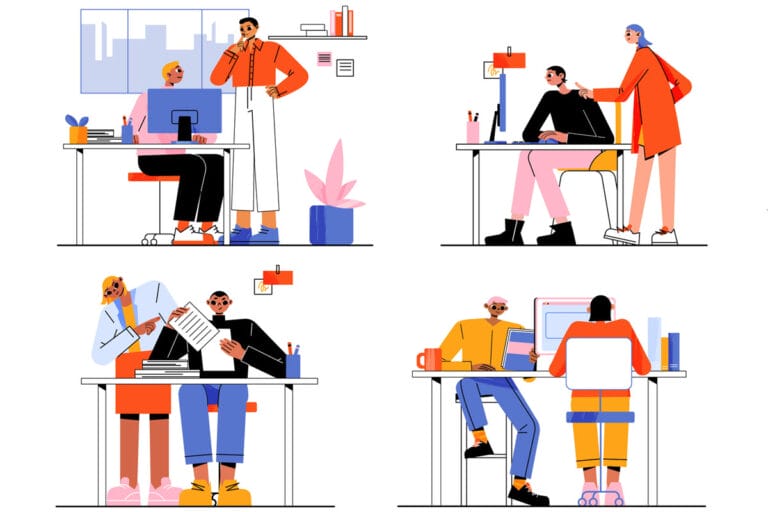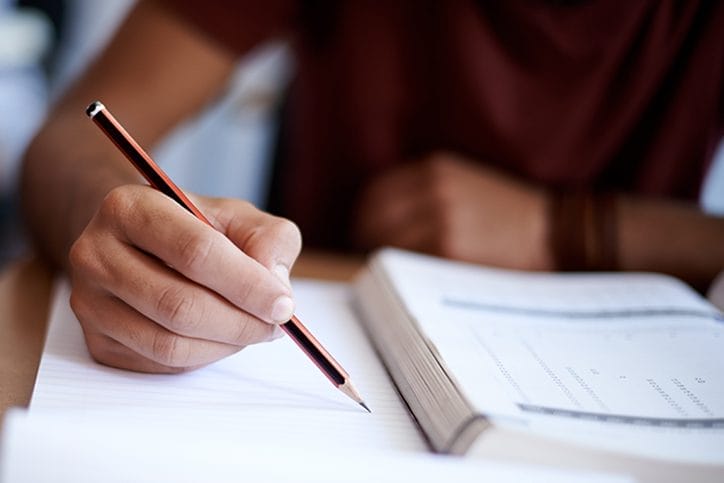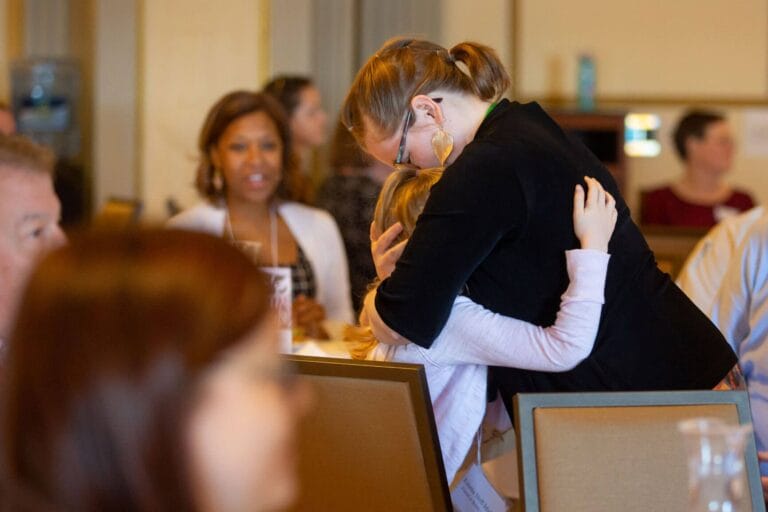Finding college success in recovery
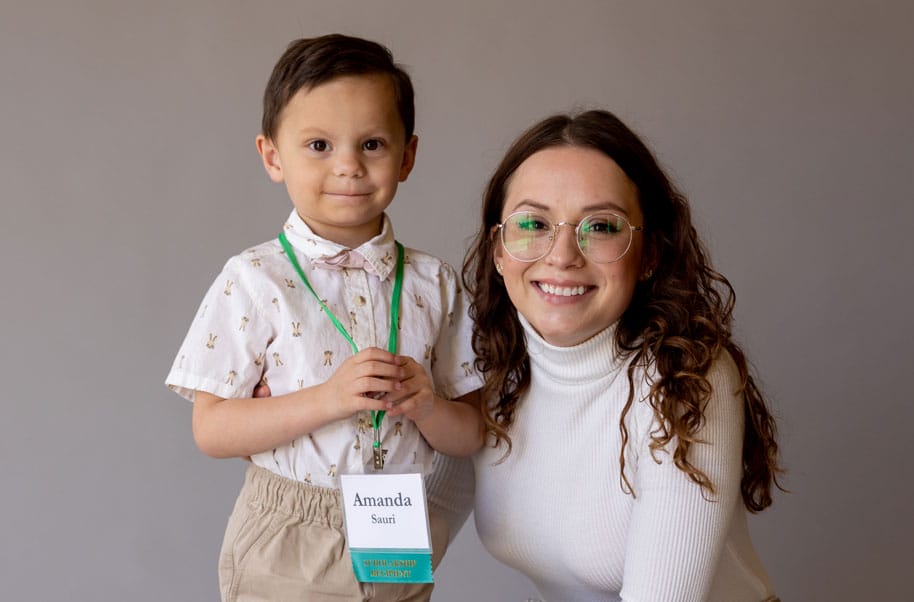
September is National Recovery Month, a time to recognize the recovery community and the importance of evidence-based treatment for mental health and addiction recovery. In 2023, President Biden acknowledged the more than 20 million Americans seeking help for substance use disorders in his proclamation for National Recovery Month.
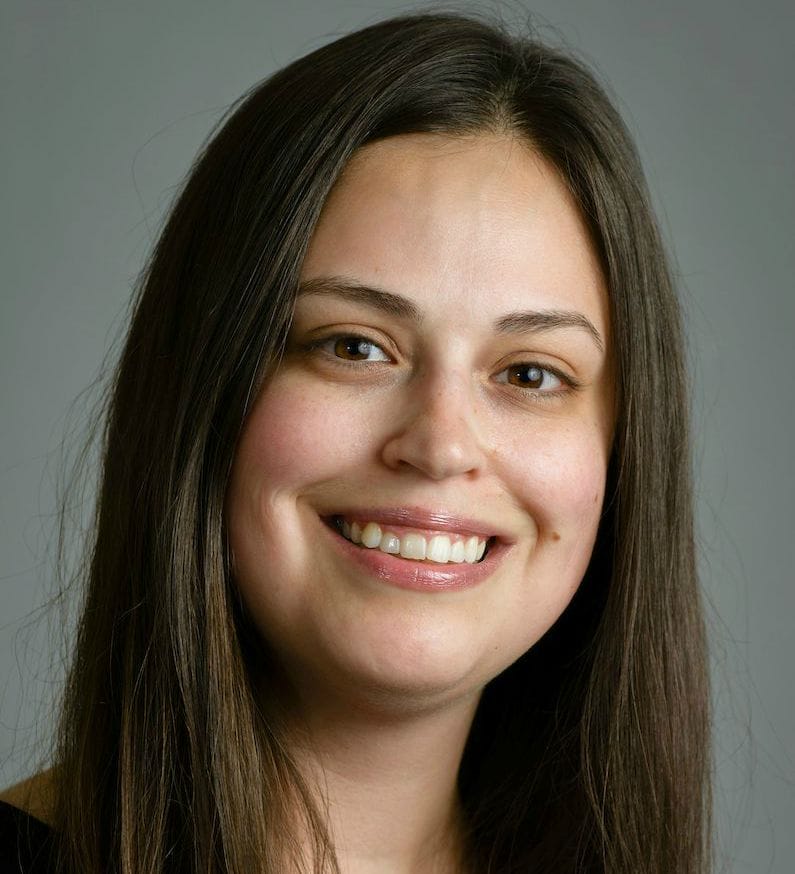
For adults returning to college, the prospect of continuing their recovery can add academic, mental and emotional challenges to an already stressful time. For Amanda Sauri, it’s offered lessons both academic and personal.
As a child, Sauri was raised in a family environment of alcoholism, prompting stays in the foster system and her own struggles with alcohol. “Ever since I started driving at 16, I was going to AA meetings and trying therapy. I went to meeting after meeting and collected my 30-, 60- and 90-day sober chips so many times I could probably host a poker party,” she says.
Though she had started college, a series of DUIs led to probation, a traumatic brain injury and a failed attempt at rehab. “Alcoholism had stolen the biggest parts of my life, my job and my education, and I moved in with my family,” Sauri recalls.
She remained sober during her pregnancy with her son but soon afterward found herself in the depths of alcoholism again. A stay in jail and finally realizing she was exhausted from the effects of alcohol led to rethinking her relationship with it.
A college comeback
Today, Sauri has been sober for over three years. She returned to college and completed her associate degree in liberal arts in 2021 and is currently working on her bachelor’s in business management through UW–Madison Online. Over the last two years, she’s earned multiple scholarships for returning adult students, including the Single Parent Undergraduate Scholarship.
Her desire to finish something she started helped drive her return to college.
“I wanted to return to something good in my life that was recoverable from my battle with addiction,” Sauri says. “Education has been my peaceful outlet ever since I was a child living in chaos — or transitioning to another new school or home where I was alone. Learning had always been a haven for me.”
She advises other students in recovery not to be ashamed of the title. “Telling people I’m in recovery throughout college has always been positive for me,” Sauri says. “Generally, it initiates honest, open and down-to-earth conversations.”
She also suggests students in recovery be mindful of environments or situations that may be challenging. “Consider the workload you take on, who you surround yourself with and which situations are best for you to participate in or pass on. Being overwhelmed and tired can be a huge trigger.”
Now a mother to two children, Sauri hopes to complete her bachelor’s degree in spring 2026. She aims to work in office management at a general contracting company. In the meantime, she works on her coursework and recovery with an eye toward improving her life and that of her children.
If you or someone you love is struggling with substance use, call the Wisconsin Addiction Recovery Helpline at 211. Trained resource specialists can offer free, confidential help finding treatment and recovery services.
Photo at top: Amanda Sauri celebrates with her son at UW–Madison’s Outstanding Adult Student Celebration and Reception in 2023.
The Lifelong Learner is a monthly feature written by UW–Madison’s Continuing Studies staff. Autumn Sanchez, UW–Madison adult student advisor, can be reached at [email protected]. This column was originally published in the Wisconsin State Journal on September 8, 2024.
Published on Sep 09 2024
Last Updated on Sep 19 2025
Categories: Adult Career and Special Student Services, Student stories, UW–Madison Online
